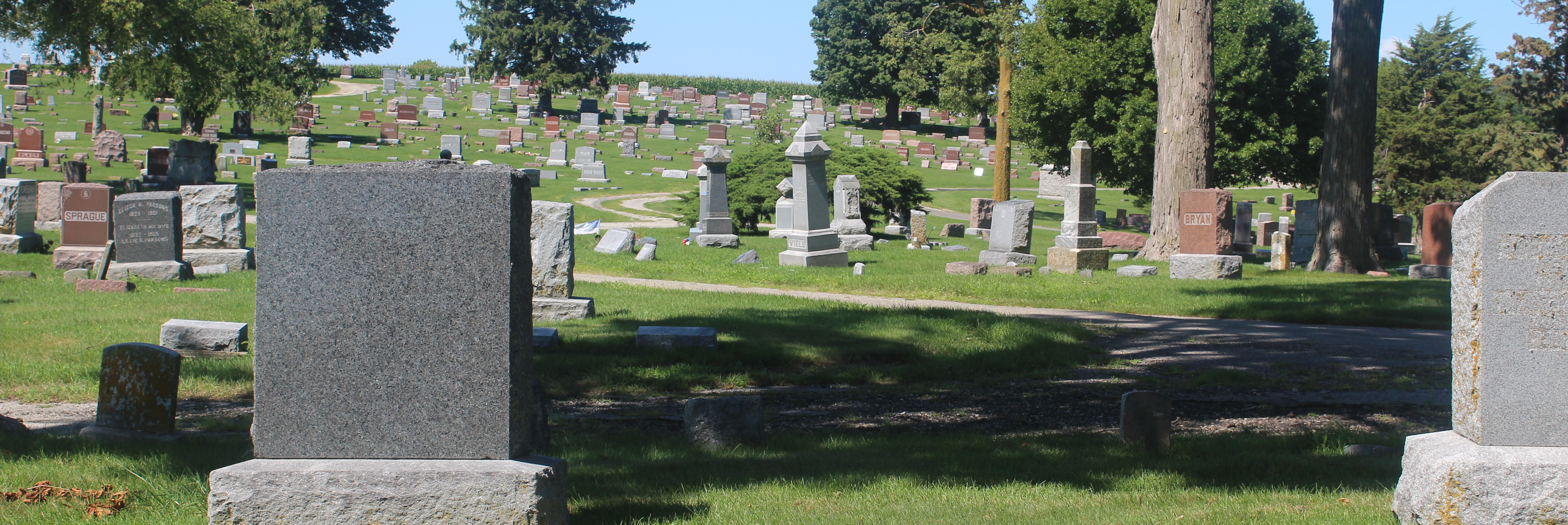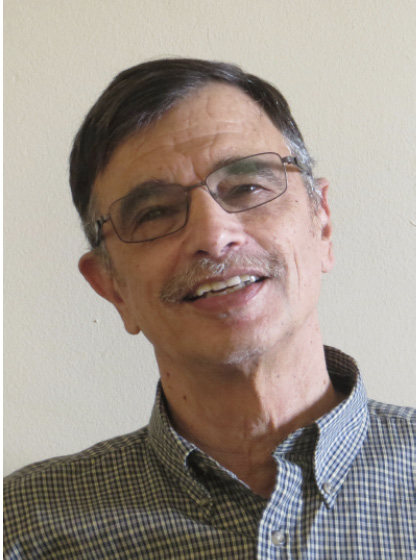Compromise County, Illinois
The people who first came here settled
on a life, on a land so flat that one
might get lost on a turn-around
plat of a single farm. Then, first
crops: corn, winter wheat, beans
that decorated acreage like dots
in a Seurat painting. Later,
saplings of windbreak trees,
spruce, sycamore, the occasional
cottonwood, twisted and gnarled
like the trunks of the old, German
men who planted them, watched
them grow even as they shrunk
and shriveled. Men who still
arose at dawn to work this land
long after their best time was done.
Now, one-hundred, two-hundred
years and acres later, the grief
of failed crops, land, luck, love,
stick like the gumbo of April
mud, their grandsons of grandsons
have left, selling what they could,
giving away the rest of whatever
wasn’t foreclosed or signed away.
And they, lifted away like topsoil
in an endless, prairie wind,
moving up, moving out
to cities where they never want
it to grow cold, grow wet.
Where they would live their lives
without even a single, hard freeze
if they could, leaving behind
the stubborn ghosts
of those first farmers who
took their best chances, now
making do with sandstone
tombstones, the names, dates,
lives worn away. Now guarded
hard by what’s left of withered
trees, their weary branches fighting
January winds, so strong they blow
sheets of freezing snow sideways,
trying hard not to give in again
to what they might have been.

Hazelwood Cemetery, Grinnell, Iowa. Photo by Emily Mamrak
Plains Cemetery
The only mourners left;
These summer storms,
Those winter moons.
Winds that sand
Away the names
On tombstones
To flatness as if
No one ever lived
Here to farm these fields.
But someday,
When even the dead
Are not looking,
The centurion pines
Standing guard
Nearby will split,
Splinter, collapse,
From lightening
Or ice-laden limbs,
Just like everything else
In these forgotten plains,
Years before their time.

“Bridge,” Oil on canvas, 12” x 60", by Jane Pronko, 1987
Along the Ohio
This river with so many meanders
and oxbows that at times it seems
like it has no idea which way
to flow. And the towns
that run along; confused,
without direction as if
folks believe that if
the damn water would just
straighten itself out, run
pure and plumb, folks
might see what they need
to save the place, keep
things ahead of the curve.
But here, at Coropolis, Crown City,
Maysville and Martin’s Ferry,
the deserted, boarded-up stores
show their rears to the river
and the banks seem to have lost
any interest in watching water pass
downstream. The only occupants
left are bald tires,
rusting oil drums,
broken quart bottles of High Life
and the occasional sofa
dumped when people thought
no one looking. Even the houses
seem to have given up
the ghost: back yards
scattered with driftwood
and weeds, save for one
with an ornament of a fat,
old, Dutch woman bending
over her tulips, bloomers
mooning the water and a family
of plastic ducks wondering
when it will be their turn to leave.


